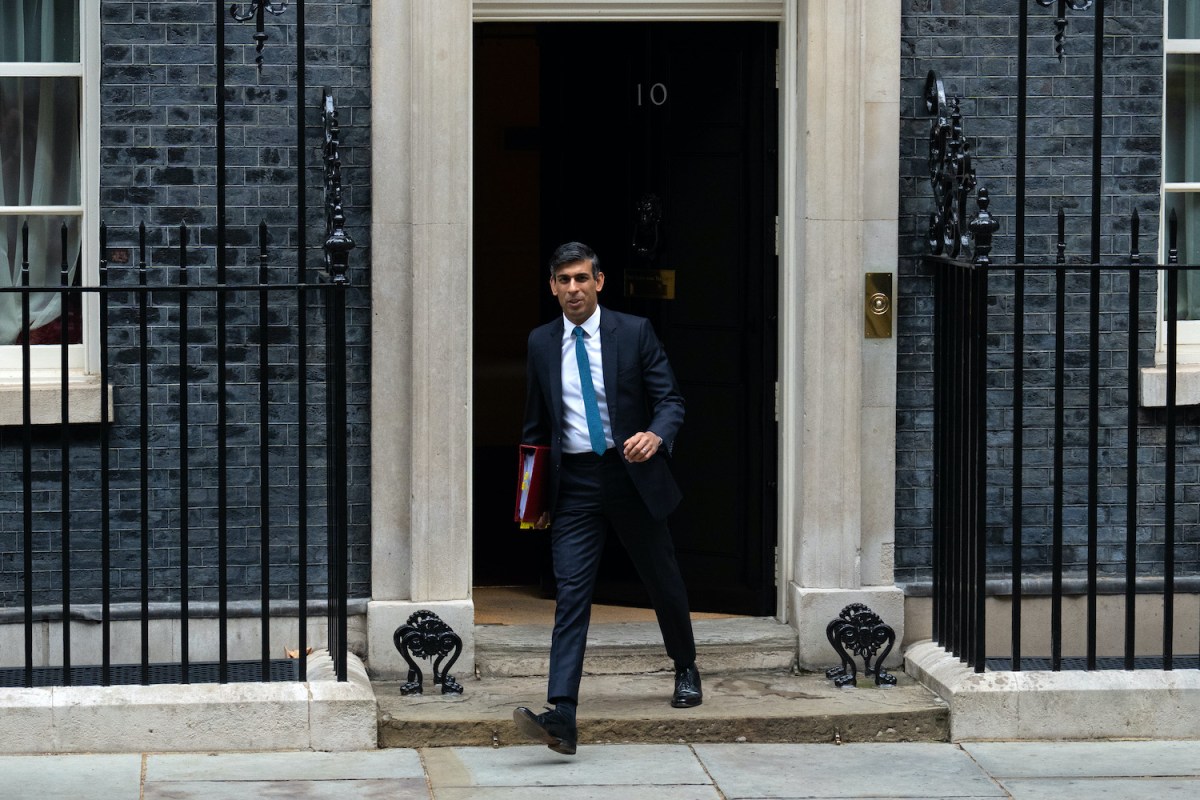In the United States, you can tell a lot about a politician’s ideology by what they say about climate change. In the United Kingdom, things aren’t so neatly divided — or, at least, they haven’t been. A 2022 Time article noted that environmental advocates greeted the selection of Rishi Sunak as Prime Minister with some enthusiasm — at least relative to his predecessor (and fellow Tory) Liz Truss.
A year later, the situation on the ground has changed, and both The Guardian and the New Republic recently published articles looking into why the Conservative Party has begun to sound more like its counterpart in the United States. As Kate Aronoff wrote at the latter publication, Tories like Boris Johnson and even Margaret Thatcher expressed concern for the environment and, in Johnson’s case, a willingness to implement policies to benefit it.
Threads Doesn’t Want to Emphasize News or Politics. Good Luck With That.
Instagram chief Adam Mosseri suggests that the new social media app won’t “encourage” politics or hard newsEach of the two reports focuses on a different issue. In the case of the New Republic, the controversy is over Prime Minister Sunak pushing back against a policy in London and elsewhere known as Ultra-Low Emissions Zones. This policy, essentially, involves charging drivers with high-emissions vehicles a fee to enter parts of London. Aronoff points to a Conservative politician who won election by opposing an expansion of these zones to the suburbs around London, suggesting that Sunak and his colleagues feel that it’s an electoral winner.
The Guardian‘s Nimo Omer noted in July that Sunak’s government was considering nixing a planned pledge to commit climate change funding, and pointed out that this contrasted sharply with Sunak’s own concern for climate change and the environment years earlier.
At least one observer cited in the piece predicted the possibility of the U.K.’s climate politics becoming more like those of the U.S. in the near future.”I guess after the election, if the Tories lose, there is a big chance that we might actually get even more polarisation on climate change,” the University of York’s Neil Carter told The Guardian.
To be fair, the other side of the Atlantic is also seeing some strange moments when it comes to climate change policies these days — specifically, the Democratic governors of New York and New Jersey feuding over New York City’s congestion pricing plan. Well, it’s not like there’s any sense of urgency to taking measures to address climate change right now. Oh, wait…
Thanks for reading InsideHook. Sign up for our daily newsletter and be in the know.













